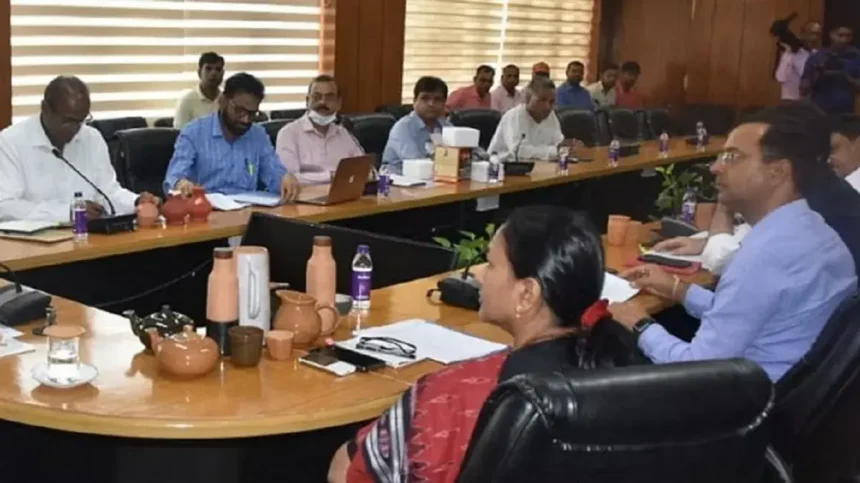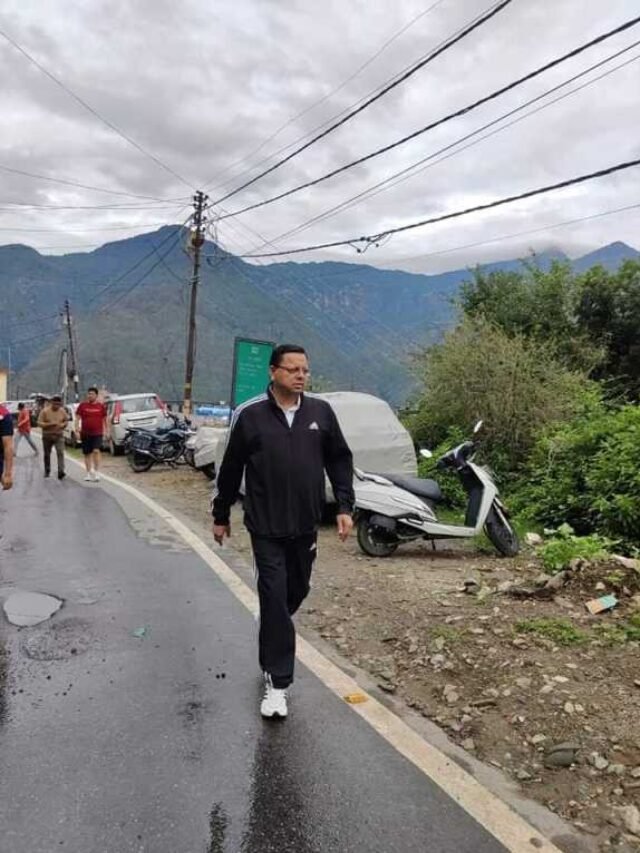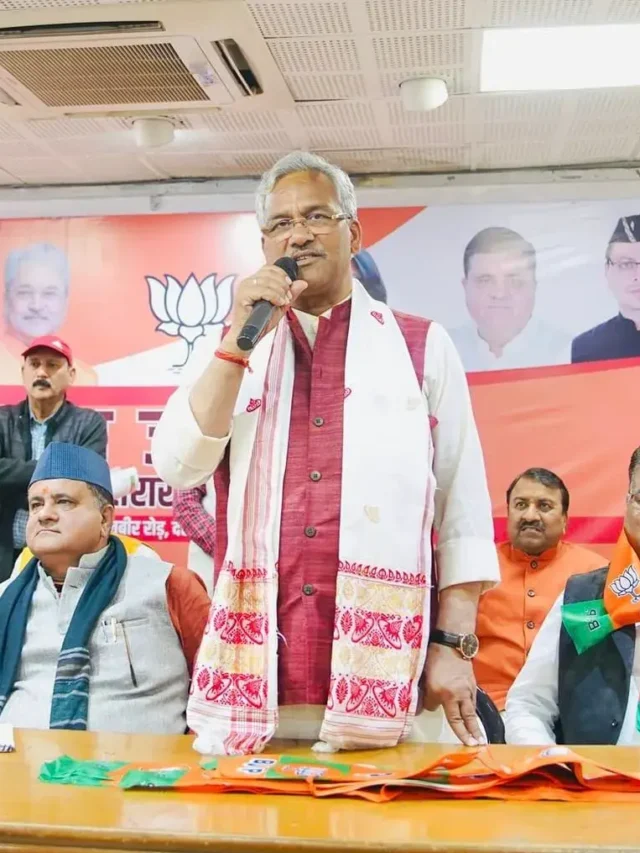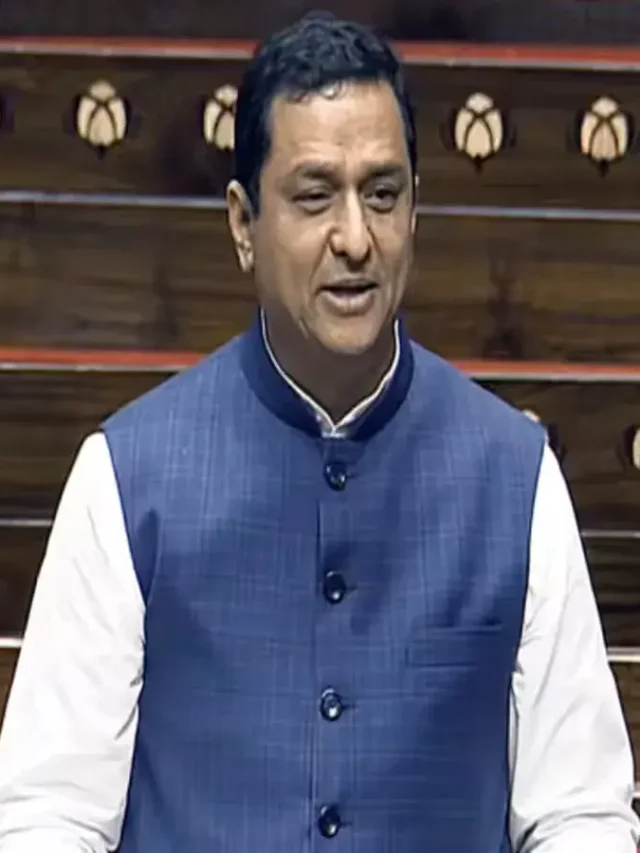In Uttarakhand, the forthcoming emergence of eco resorts promises a revolutionary shift in the tourism paradigm, all while championing the cause of environmental preservation.
These avant-garde resorts are meticulously designed, encompassing an impressive 75 percent of lush green spaces, while judiciously incorporating concrete elements.
- Advertisement -
A remarkable facet of these resorts lies in their unwavering reliance on solar energy to meet their energy needs, an endeavor facilitated by the installation of solar power fencing encircling the premises.
A pivotal board meeting convened by the Mussoorie Dehradun Development Authority (MDDA) marked a decisive moment, granting the green signal for establishing eco resorts in remote hilly locales, albeit within specific parameters.
This strategic maneuver by the authority heralds a new era of tourism development, poised to unlock unexplored potentials within these picturesque hilly expanses.
Distinguished by their unique attributes, these eco resorts will feature eco-friendly architectural structures, alongside facilities such as a community center, yoga amenities, and a naturopathy center.
- Advertisement -
Beyond offering holistic wellness treatments encompassing Yoga, Panchkarma, and Ayurveda, these retreats are poised to serve as catalysts for local employment, particularly for the youth. Furthermore, by providing a platform for promoting the handicrafts of local artisans, these resorts are poised to make substantial contributions to the region’s economic growth.
The board meeting underscored the pivotal role of eco resorts in augmenting both tourism and environmental conservation efforts. It emphasized its commitment to upholding the preservation of green spaces, with a resolute 75 percent of the resort area designated as verdant land, while minimizing the use of concrete.
By harnessing solar power and reinforcing the concept through solar power fencing, the resorts are set to embody sustainable energy practices. Furthermore, these resorts are poised to serve as vibrant showcases for the indigenous crafts of the local populace. A strong emphasis will also be placed on the implementation of robust solid waste management practices within the resort premises.
Empowering Pahari Culture: Additional Floors and Hill-Inspired Designs
Banshidhar Tiwari, Vice President of MDDA, unveiled a novel facet during the board meeting—endorsement of the Facade policy under specific conditions. The policy is set to unfold a transformative urban landscape, with facade work being carried out on prominent city roads, incorporating a harmonious blend of architectural elements, artwork, and crafts.
Notably, these designs are a homage to the local hill culture and will be seamlessly integrated into new constructions across the city. Houses erected along these roads are poised to epitomize Pahari culture, characterized by architectural elements such as sloping roofs, windows, doors, and skylights, resonating with the essence of the hills.
- Advertisement -
Additionally, builders adhering to the Pahari design ethos will be accorded the privilege of constructing an additional floor, a decision sanctioned by the MDDA.
Efficient Mobile Tower Installations
Aiming to streamline the process of mobile tower installations, the board meeting introduced a more efficient single-window system. Under this framework, applications for mobile tower installations, accompanied by pertinent maps, will be directed to the ITDA for approval. Within a span of seven days, the ITDA will conduct a review and issue their report. In instances of report delays, the map submission itself will be considered as an approval.
Fostering Development with Flexibility
In a move aimed at facilitating development without compromising standards, the board meeting introduced flexible allowances for road width standards. Notably, a substantial 25 percent discount was endorsed, thereby enabling maps to be sanctioned with a relaxation in plot area, road width, and Floor Area Ratio (FAR). Moreover, the meeting witnessed the approval of over 50 maps, reflecting a proactive stance towards comprehensive development.
Empowered Operational Oversight for ISBT
A significant stride emerged as the board meeting authorized the operational and maintenance oversight of the Inter-State Bus Terminal (ISBT). Previously entrusted to the Remki Company, MDDA’s association with the company concluded, thereby paving the way for MDDA to assume responsibility for the ISBT’s operations. This momentous decision signals a significant advancement in the region’s transportation infrastructure.










